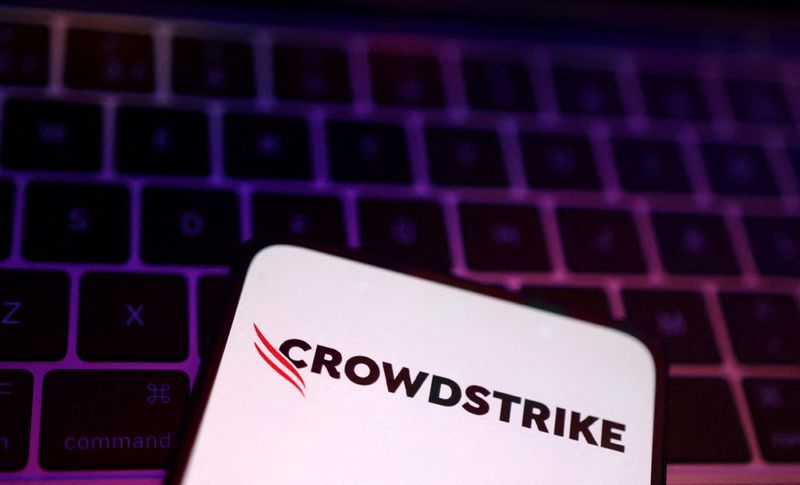On Thursday, CrowdStrike Holdings (NASDAQ:CRWD) stock maintained its Outperform rating with a price target of $325.00, as confirmed by Evercore ISI. The firm has removed CRWD from its Tactical Outperform/Underperform (TAP U/P) list, acknowledging the uncertainties and complexities that may affect the company's second-half guidance. The decision to maintain the Outperform rating hinges on management’s ability to execute a strategy aimed at re-accelerating Annual Recurring Revenue (ARR) in the second half of fiscal year 2026.
The analyst noted that while the long-term strategy presented by management appears promising, the financial visibility in the near term is less certain. Concerns were raised about the potential for guidance in the second half to fall short of previous expectations, as indicated during the fiscal second quarter call. Factors contributing to this uncertainty include delayed pipeline generation, lower upsell rates, extended sales cycles, and additional approval layers.
Despite these challenges, customer sentiment towards CrowdStrike has reportedly improved, with fewer discussions about moving away from the company's services. Feedback from partners and customers, as well as insights from a dinner with six Chief Information Security Officers (CISOs), have reaffirmed the effectiveness of CrowdStrike's technology and minimal expected customer attrition.
The company's response to a recent outage and the launch of initiatives such as the Customer Commitment package and CrowdStrike Financial Services (CFS) received positive feedback, even though these programs may impact margins, cash flow, ARR, and revenue due to customer incentives like free products and flexible terms.
Management remains confident in their growth reacceleration plans for the latter half of fiscal year 2026, bolstered by a 95% module renewal rate. Additionally, CrowdStrike's targets for fiscal year 2029 include 83% gross margins, 30% operating margins, and 36% free cash flow at the midpoint. The focus on emerging products like Cloud Security, Security Information and Event Management (SIEM), and Identity solutions, along with strong adoption rates, suggest that CrowdStrike could be in a stronger position in 12 months if the strategy is executed effectively.
In summary, while the upcoming quarters may present unpredictability and potential underperformance, Evercore ISI advises long-term investors to view this period opportunistically, suggesting that CrowdStrike's strategic plans could offer advantages in the long run.
In other recent news, CrowdStrike Holdings has been the focus of numerous other analyst ratings. BofA Securities maintained a Buy rating with a $365 price target, emphasizing CrowdStrike's strategic initiatives, such as the Falcon Flex (NASDAQ:FLEX) program and vendor financing options, aimed at accelerating growth. Mizuho Securities also maintained an Outperform rating, with a price target of $300, citing CrowdStrike's unique cloud security platform and superior go-to-market strategy.
DA Davidson upheld a Buy rating with a price target of $310, highlighting positive customer feedback post-outage and the launch of a new Financial Services arm. Citi maintained a Buy rating with a $300 price target, anticipating insights from the Fal.Con conference.
These recent developments underscore CrowdStrike's continued efforts to enhance its market position. The company has announced several strategic initiatives, including partnerships with Dazz and 1Password, aimed at enhancing cloud security measures and simplifying security for small and midsize businesses. CrowdStrike has also launched CrowdStrike Financial Services, a fully-owned subsidiary designed to provide financing solutions for customers adopting its AI-native CrowdStrike Falcon platform.
In addition to these strategic moves, CrowdStrike has reported exceeding expectations in its second fiscal quarter in terms of annual recurring revenue, revenue, and non-GAAP earnings per share. However, the guidance for the third fiscal quarter and fiscal year 2025 fell short of consensus estimates, leading to adjustments from various analyst firms. Despite these adjustments, the overall analyst sentiment remains positive, with several firms reaffirming their ratings.
This article was generated with the support of AI and reviewed by an editor. For more information see our T&C.
